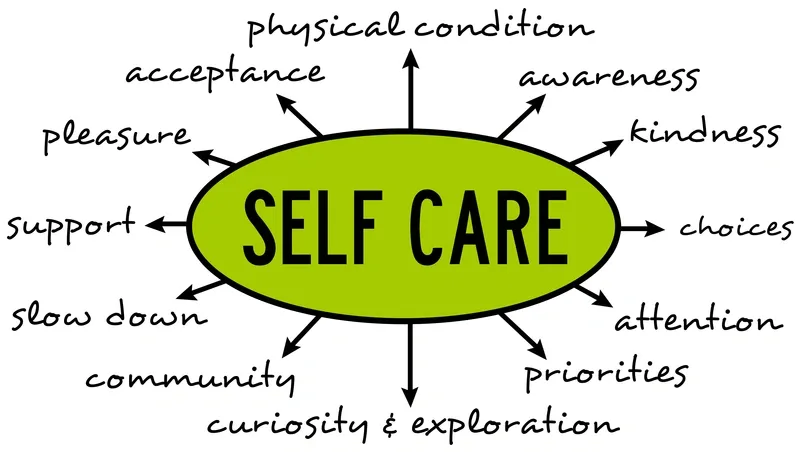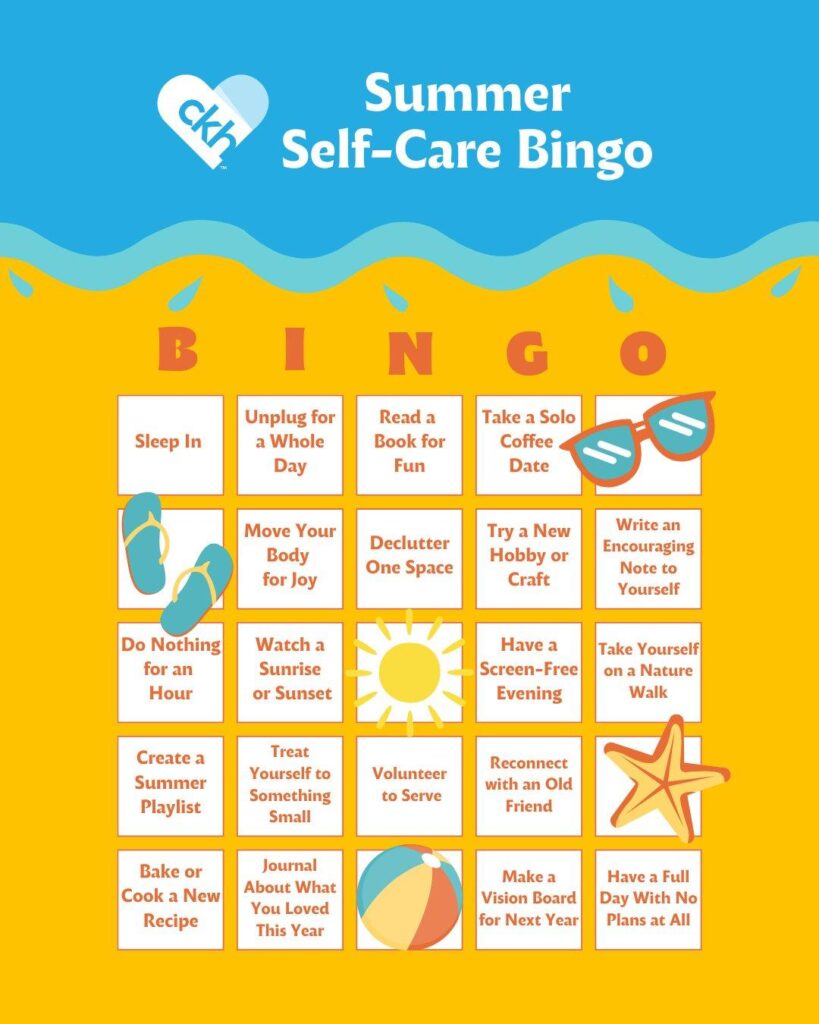It’s time to reflect… because the only thing more surprising than how fast June arrived… is realizing January was six months ago!
Whether you’re out lying by the pool this summer or already eyeing Halloween decorations at Target (looking at you, Millennials), June is the perfect midpoint for a self-check in! Not in a harsh, productivity-obsessed way – but in a reflective, life-affirming, “am I still aligned with what matters?” kind of way.
💭 Reflect: What’s Worth Keeping?
Before we go Marie Kondo-ing our calendars, let’s pause to reflect.
Ask yourself: What’s working? What’s draining me? What do I need more or less of?
Reflection ideas by generation:
- Traditionalists & Boomers:
- Which routines ground you?
- What legacy are you continuing or creating this year?
- Are you honoring your energy and pacing?
- Gen X:
- Are you setting boundaries or overly accommodating?
- What part of your schedule brings actual joy (not just obligation)?
- Is there something you’ve been meaning to say “no” to?
- Millennials:
- Are your goals still aligned with your values?
- Are you resting, or just switching tabs while burnt out?
- Where are you overextending for the sake of “being productive”?
- Gen Z:
- What beliefs or comparisons can you release?
- How can you recharge authentically?
- Are you showing up for yourself as much as you do for friends & fun?
✨ Reset: Tiny Tweaks, Big Energy
No need for a dramatic reinvention. A few well-placed resets can breathe life back into your daily rhythm.
Try one of these intention-friendly resets:
- Refresh your morning or evening ritual (and no, scrolling TikTok in bed doesn’t count).
- Declutter one thing: your calendar, inbox, or your car (shoutout to the iced coffee graveyard in the cupholder). “Decluttering increases self-worth, creates healthy habits, and boosts productivity. A clean and tidy home can also improve sleep, boost mood, and promote relaxation.”
- Reconnect with your word or mantra from January, or choose a new word for the last six months in 2025!
Pro tip: Intention resets are even more powerful when shared. Start a convo with your team, family, or friend group about what’s lighting you up—or what you’re letting go of.
🌱 Recommit: Intention Over Perfection
Let’s drop any guilt about forgotten goals or detours taken. This midyear point is your permission slip to recommit—not to a rigid plan, but to what truly matters. So, whether you’re managing grandkids, managing emails, or managing to hold it together, June is here to remind us that we matter. It’s a moment to pause, breathe, reflect, and reset… with humor, hope, and intention.
Reminder: Your reset doesn’t need to be loud. It just needs to be yours.





